Key locations across town will be transformed by lighting and projections for three nights. As with previous LewesLight festivals, the choice of sites is very important – and, at the time of our conversation, still very secret. "We want to find special places", Graham explains. Each illuminated installation will be staffed with well-informed volunteers. "We'd like visitors to understand a little bit more about why it's been created. Lots of arts events don't provide that."
LewesLight is undeniably a collaboration, generously supported by the lighting industry alongside production partners Sussex Events Limited. Lighting designers and organisers give their time for nothing, whilst an Arts Council grant means local artists can be paid for their contributions. The whole thing is run as a not-for-profit Community Interest Company, with a new emphasis this year on mentoring college and university students through the whole process. Safety concerns mean younger children can't participate directly; instead LewesLight is working with schools to create projects that will form part of the festival. A desire to work with young people is one of the reasons the festival has moved from October to February, fitting much better with term times. And, as Graham adds, "It's darker earlier, so we can kick off at six o'clock rather than seven o'clock, which is great for families and children." Also involved are the Linklater RATS (Raising Awareness of Tides and Sea levels), a youth group linked to the Lewes Railway Land Project. "It's 20 years since the Lewes flooding in 2000", Graham reminds me. "We wanted to work with them as this coincided with our ideas of exploring climate emergency and environmental issues."
Ultimately, Graham insists, LewesLight is about more than just light and darkness. "It operates on two levels, in a way. You can come and see it, you can enjoy it for what it is. But there's also the wider back story. I think the process of putting the thing together, engaging with people and bringing people together, is as important as the final result. We're not a gallery – this is a town."
LewesLight runs at sites across town from 28th February until 1st March 2020.
Free admission; full details at leweslight.uk
First published in Viva Lewes magazine issue 161 February 2020
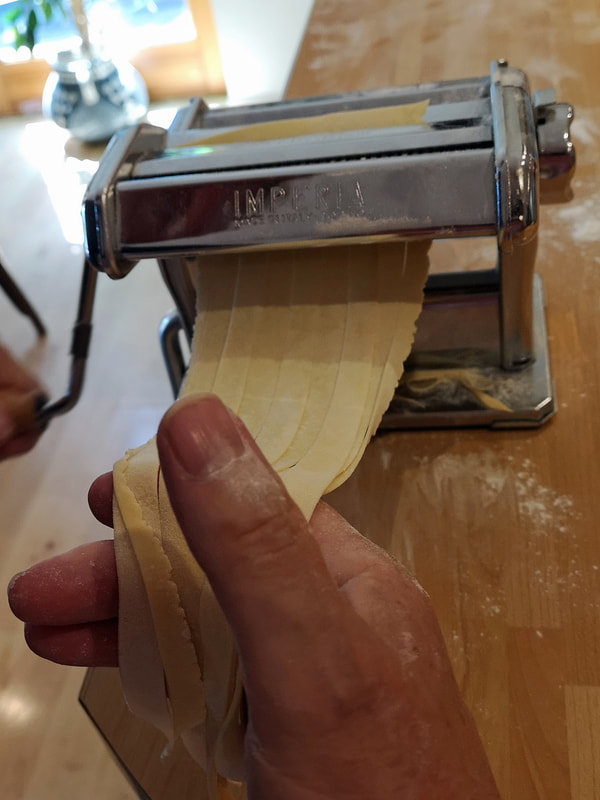
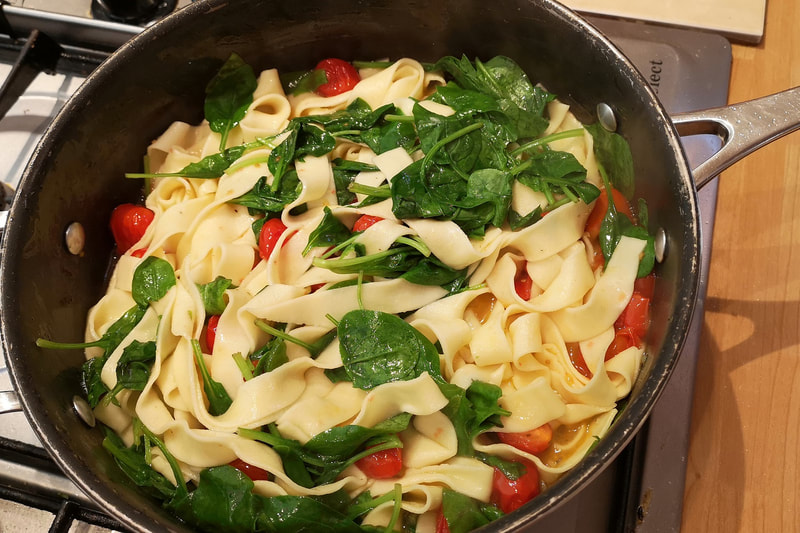
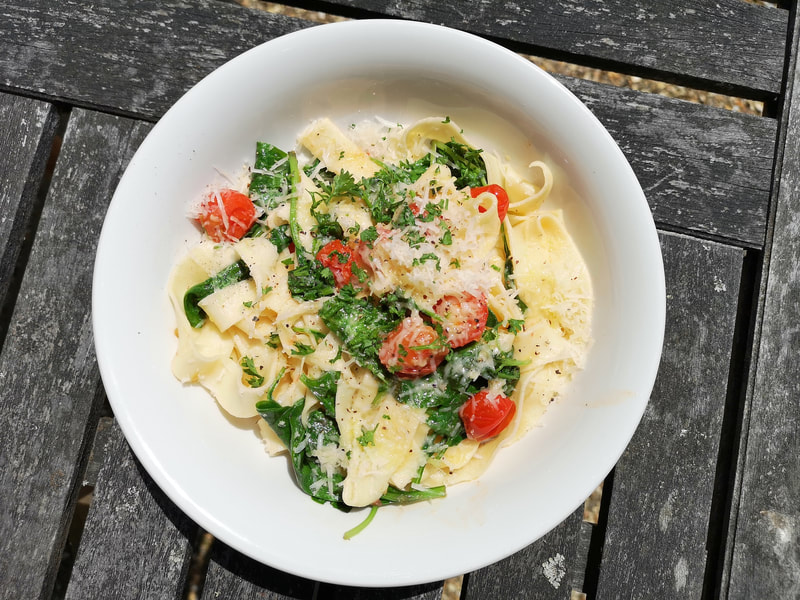
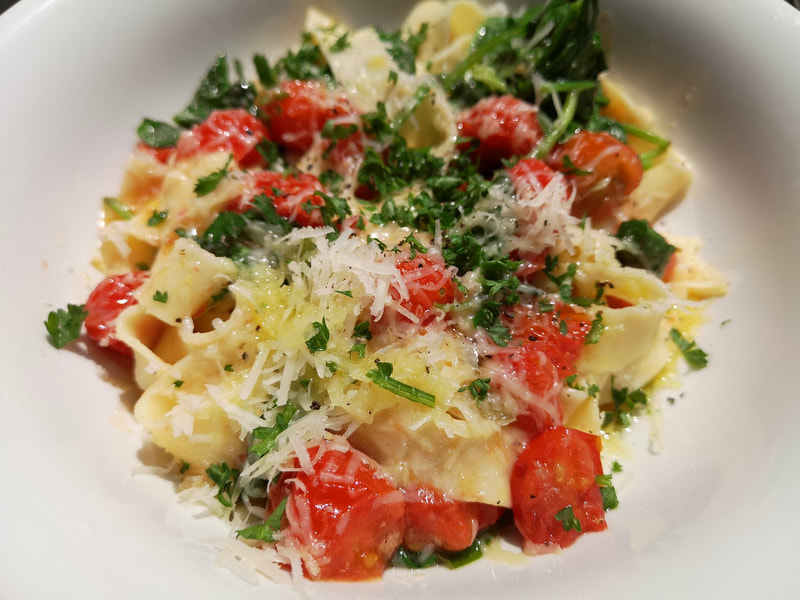
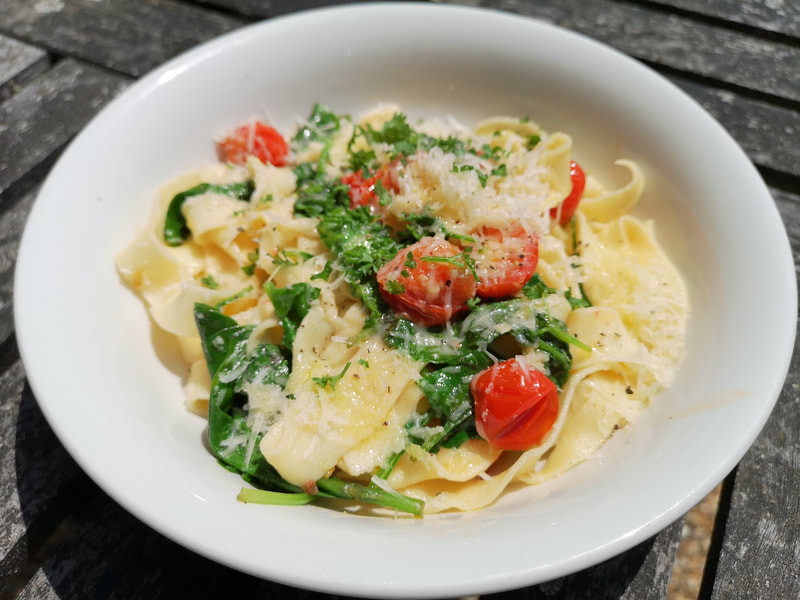
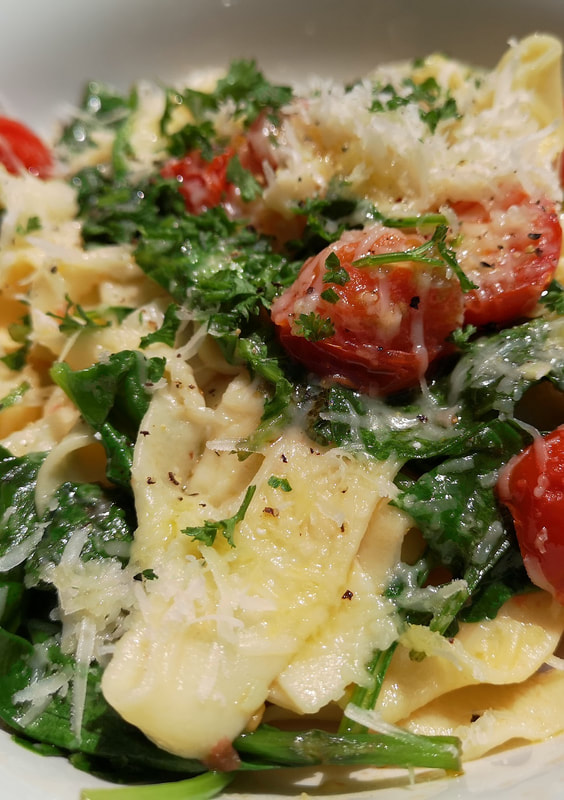
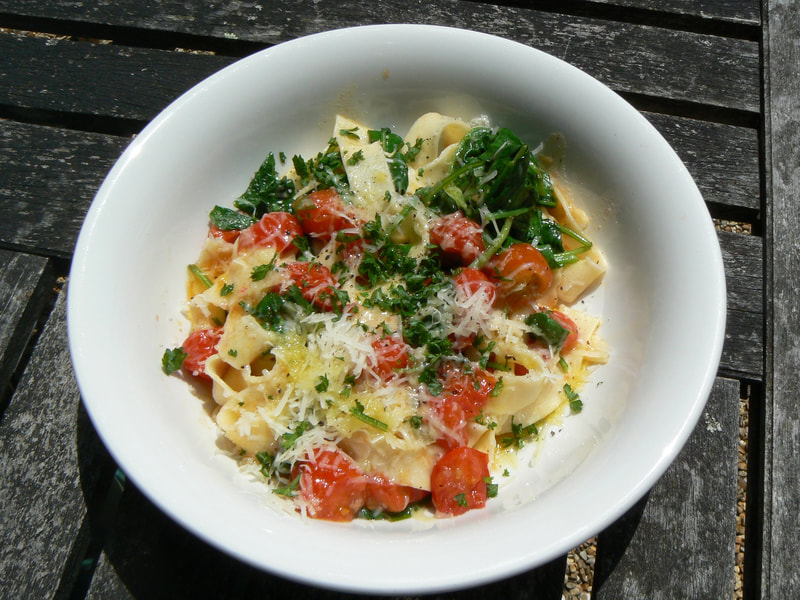
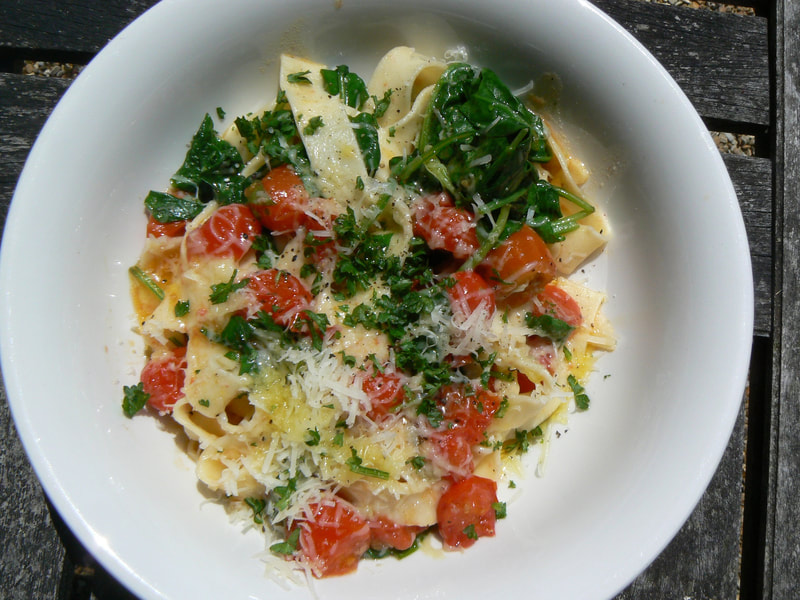
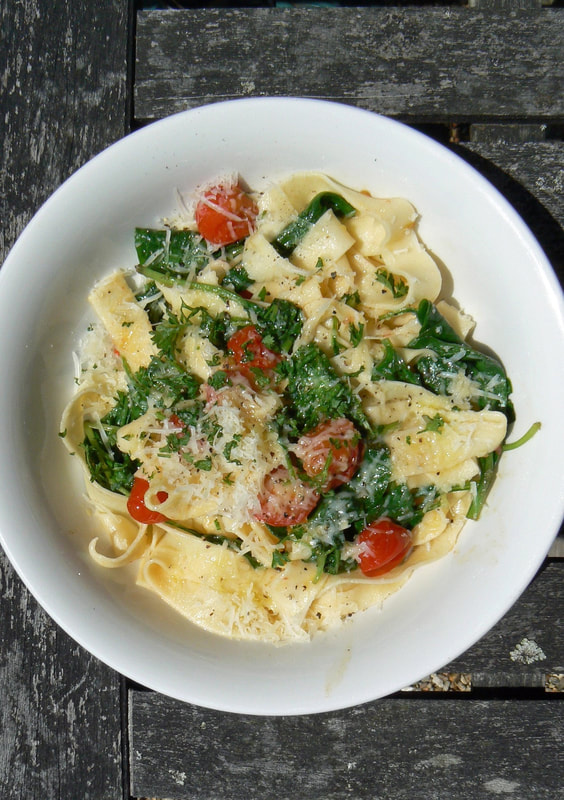
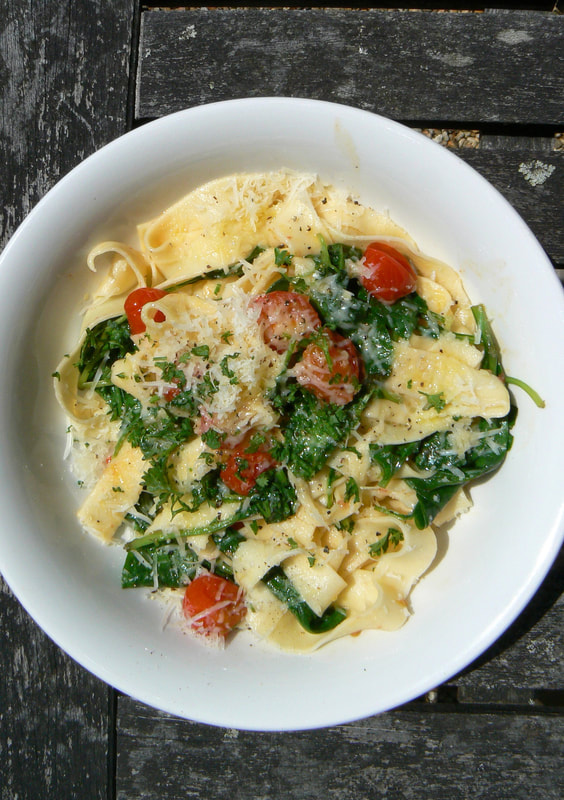
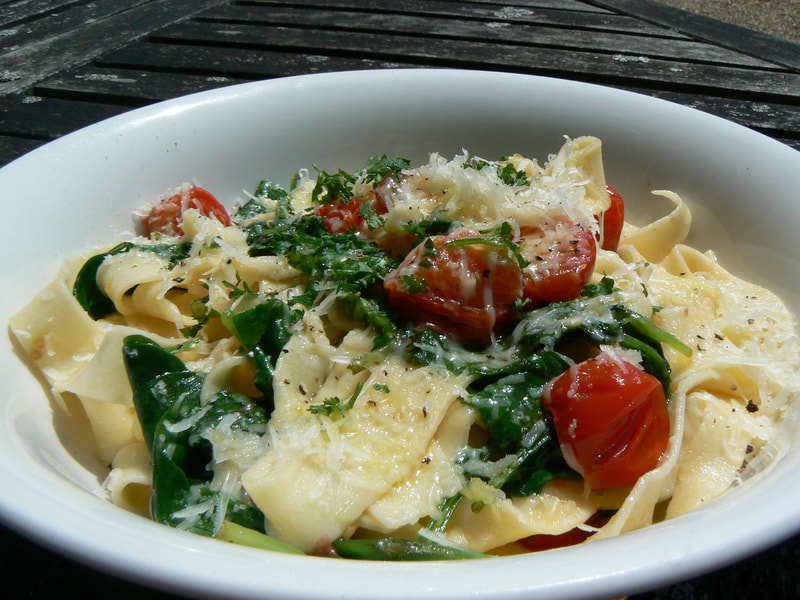
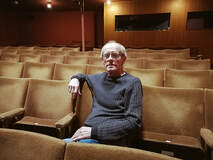
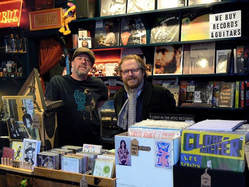
 RSS Feed
RSS Feed
